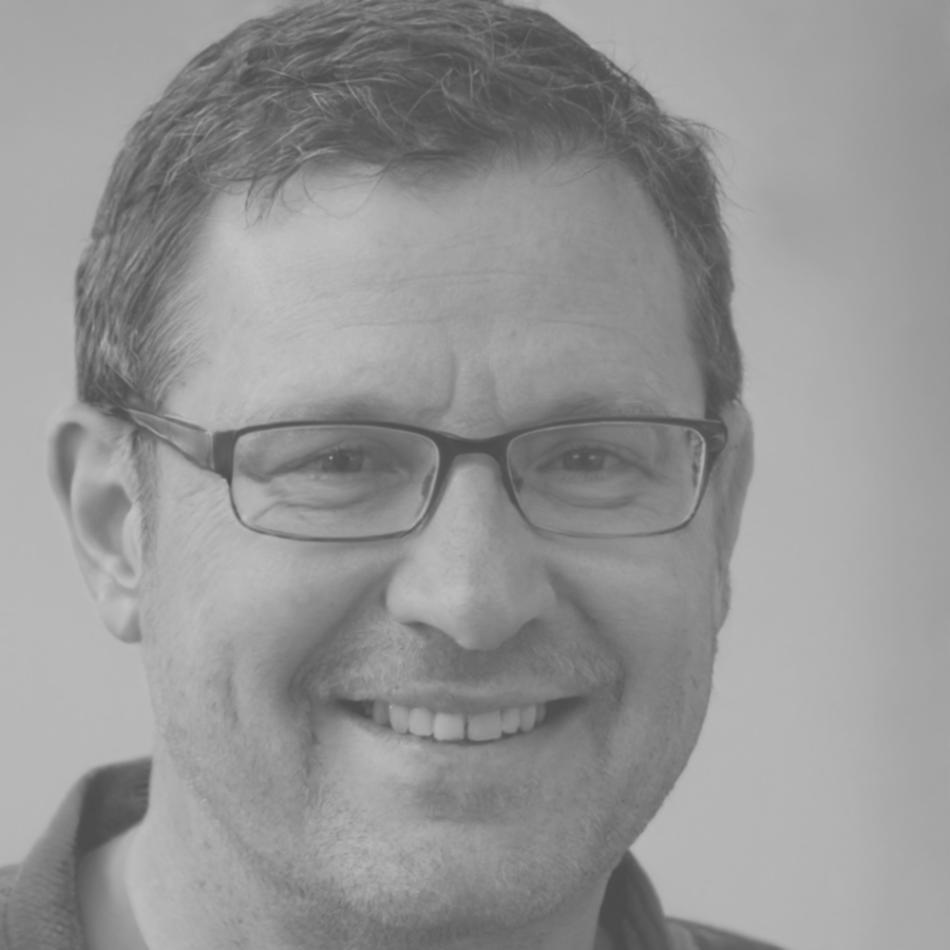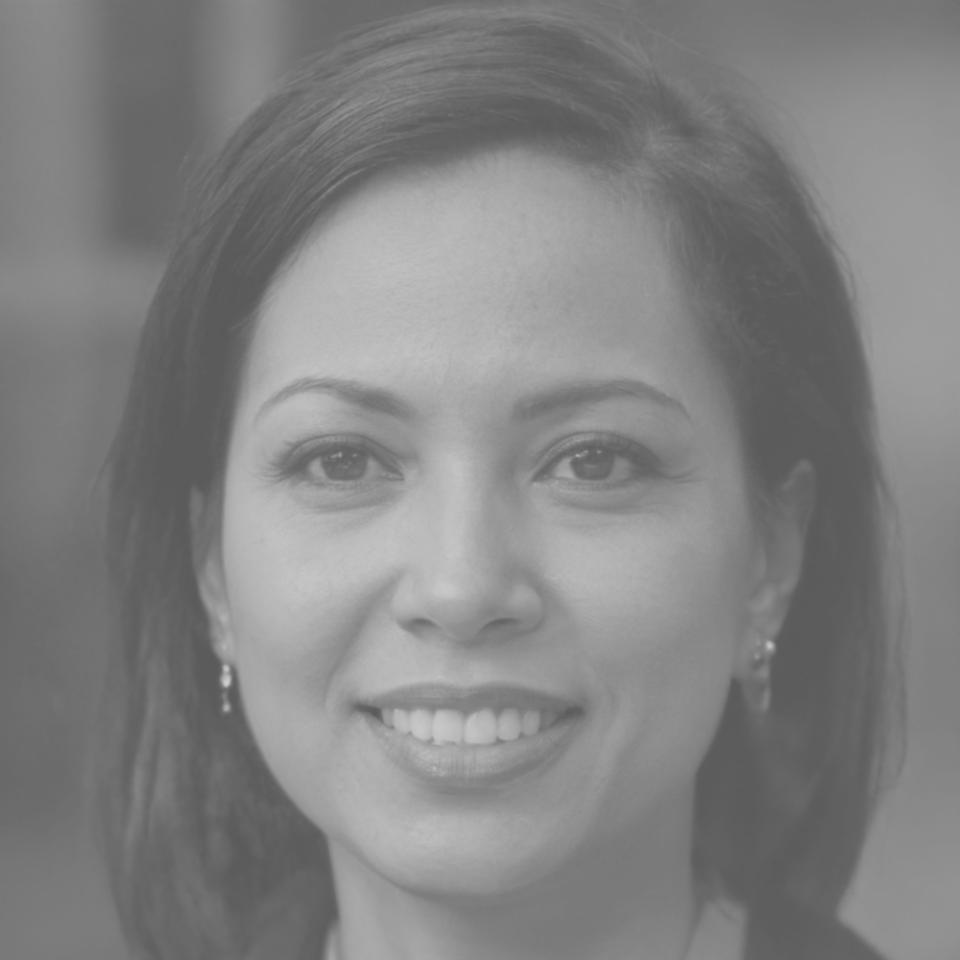Build Your Budget Mastery Through Real Practice
Most finance courses teach theory. We teach you to actually do the work. Our activity-based budgeting program puts you in charge of real scenarios from day one—so when you walk into your own business or role, you already know what to do.
Start Your Journey
Meet the People Behind Your Learning
Our facilitators aren't academics reading from textbooks. They're practitioners who've built budgets for manufacturing plants, service companies, and growing startups. They bring mistakes, wins, and stories you won't find in any manual.

Stellan Bergqvist
Lead FacilitatorStellan spent twelve years managing operational budgets for mid-sized manufacturers across Queensland. He's brilliant at breaking down complex allocation problems into decisions you can actually make. His approach is practical, patient, and refreshingly honest about where budget plans tend to fall apart.

Maeve Callahan
Program CoordinatorMaeve came from the nonprofit sector where every dollar had three competing priorities. She understands the messy reality of budget constraints and teaches you to build systems that work even when resources are tight. Her workshops focus on clarity over complexity—something most finance programs skip entirely.

Henrik Maartensson
Industry SpecialistHenrik brings fifteen years from the hospitality and tourism sectors where margins are thin and forecasting is tricky. He's seen every variation of seasonal budgeting challenges and knows how to structure activity-based models that adapt to real business conditions. His sessions are hands-on and results-focused.

Sorcha MacLeod
Scenario DesignerSorcha designs the case studies and simulations we use throughout the program. She worked in project finance for infrastructure builds, so she knows how to create scenarios that feel real because they are. Her cases include the uncomfortable decisions and trade-offs you'll actually face when building budgets under pressure.
Questions You'll Actually Have
We've run this program for three years now. These are the real questions people ask—not the sanitized FAQ version, but the actual concerns that come up when you're deciding if this is right for you.
Before You Start
Do I need an accounting background for this?
No. You need to understand basic business math and be comfortable with spreadsheets. We'll teach you the budgeting framework—but if you've never opened Excel or worked with numbers, you might find the pace challenging. Most of our participants come from operations, management, or small business ownership rather than finance departments.
How much time does this actually take?
The core program runs September through November 2025 with sessions twice weekly for three hours each. Plus you'll spend maybe four to six hours a week on practice exercises. It's not light, but it's focused—and the time commitment is front-loaded so you can apply what you learn immediately.
Will this work for my industry?
Activity-based budgeting works across industries because it focuses on what drives costs in your specific business. We've had participants from construction, retail, healthcare services, manufacturing, and creative agencies. The principles adapt. That said, if you're in highly specialized finance or derivatives trading, you might need sector-specific training instead.
During the Program
What if I fall behind on the exercises?
You'll have access to recorded sessions and can schedule one-on-one catch-up time with facilitators. Most people miss a session or two—life happens. We build that into the structure. What doesn't work is trying to cram everything in the last two weeks. Keep up with the practice scenarios and you'll be fine.
Can I bring my own business problems to the sessions?
Absolutely. The best learning happens when you apply the frameworks to your actual budget challenges. We set aside time in each session for participant cases. Just be prepared to share financial details in a group setting—we keep things confidential, but specifics help everyone learn.
After Completion
Will this help me get a finance role?
It might. We can't promise job outcomes, but participants have moved into financial planning roles, project management, and operations positions where budget responsibility matters. You'll leave with practical skills and real examples of budget work you've done. Whether that translates to a new job depends on your experience, market conditions, and what else you bring to the table.
Do you offer ongoing support after the program ends?
You'll have access to our alumni community and quarterly refresher workshops through 2026. Stellan and the team are available for questions via email, though response time varies depending on their current workload. We're not a consulting firm, so ongoing one-on-one support is limited—but the community tends to be helpful when people get stuck.
What You'll Actually Do
This isn't a lecture series. You'll work through real budget scenarios—building cost pools, allocating resources across activities, forecasting variances, and adjusting when priorities shift.
- Build complete activity-based budgets from raw operational data
- Identify cost drivers and create allocation models that actually reflect your business
- Practice variance analysis and learn to spot problems before they become crises
- Present budget recommendations to stakeholders who will challenge your assumptions
- Work through messy scenarios with incomplete information and competing priorities
By the end, you'll have a portfolio of budget work you've done yourself—not theory, but functioning models you can adapt to any business.
Get Program DetailsWhat You Won't Get
Let's be clear about what this program isn't. We don't teach general accounting or financial reporting. We don't cover tax strategy or compliance frameworks. And we definitely don't promise career outcomes.
- No guaranteed job placement or income projections—your results depend on you
- No generic business advice or motivational content—this is technical skill development
- No certification that replaces formal accounting qualifications if that's what you need
- No lifetime support or endless consulting—you learn to work independently
- No perfect formulas that work everywhere—budgeting requires judgment and context
What you will get is practical competence in activity-based budgeting and the ability to build and manage budgets that actually help businesses make better decisions. That's it. That's the offer.
Learn About luxenavari